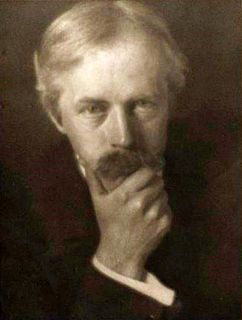A Quote by Lord Acton
Opinions alter, manners change, creeds rise and fall, but the moral law is written on the tablets of eternity.
Related Quotes
The world has witnessed the rise and fall of monarchy, the rise and fall of dictatorship, the rise and fall of feudalism, the rise and fall of communism, and the rise of democracy; and now we are witnessing the fall of democracy... the theme of the evolution of life continues, sweeping away with it all that does not blossom into perfection.
This is another thing which I really like investigating in my novels: what is it that makes an intimate society, that makes a society in which moral concern for others will be possible? Part of that I think are manners and ritual. We tried to get rid of manners, we tried to abolish manners in the '60s. Manners were very, very old-fashioned and un-cool. And of course we didn't realise that manners are the building blocks of proper moral relationships between people.
When you say there's too much evil in this world you assume there's good. When you assume there's good, you assume there's such a thing as a moral law on the basis of which to differentiate between good and evil. But if you assume a moral law, you must posit a moral Law Giver, but that's Who you're trying to disprove and not prove. Because if there's no moral Law Giver, there's no moral law. If there's no moral law, there's no good. If there's no good, there's no evil. What is your question?
































